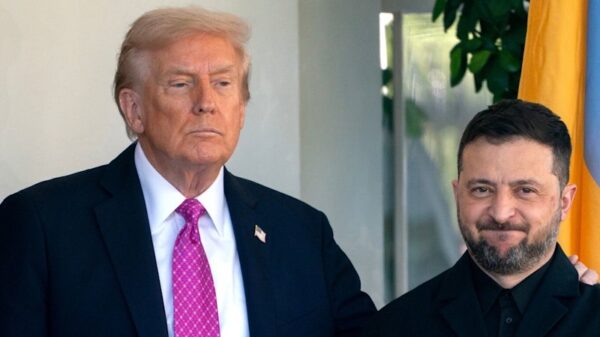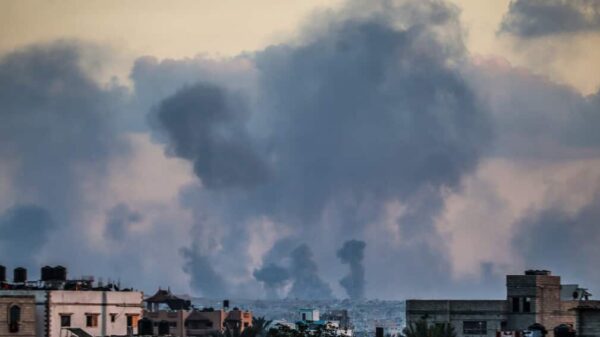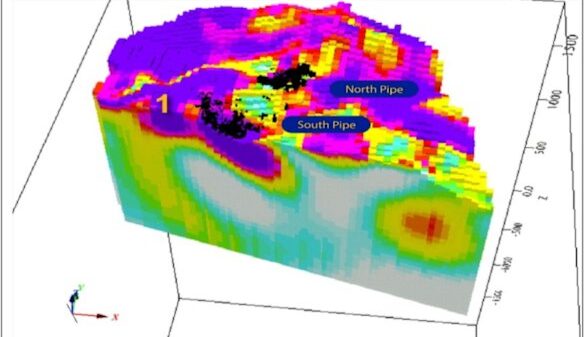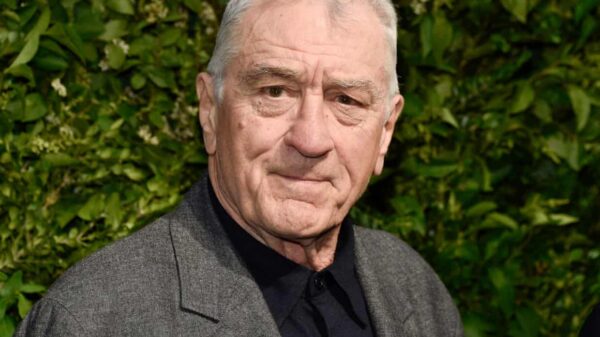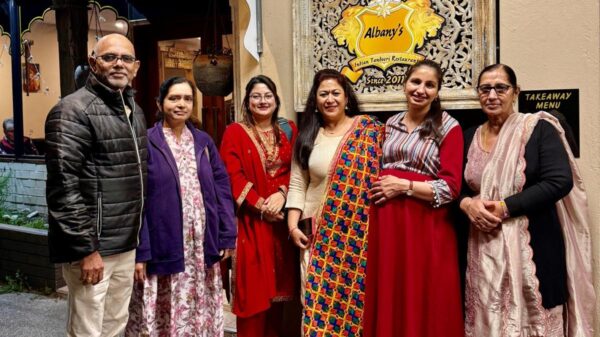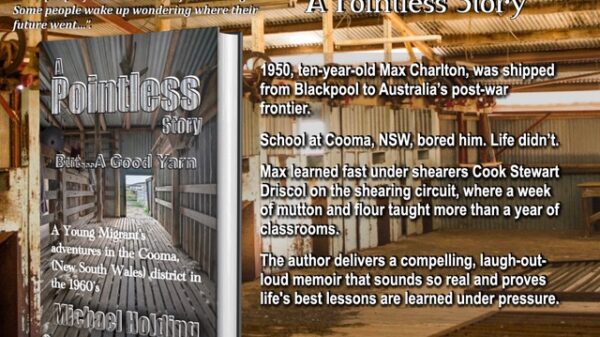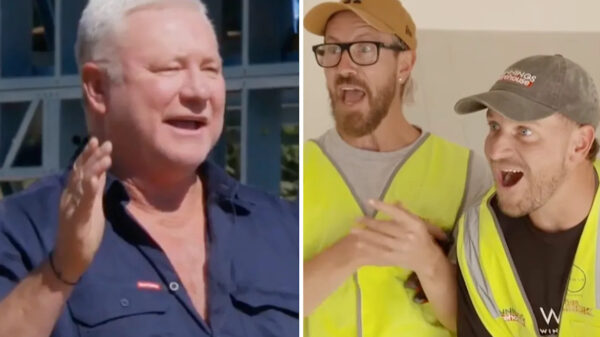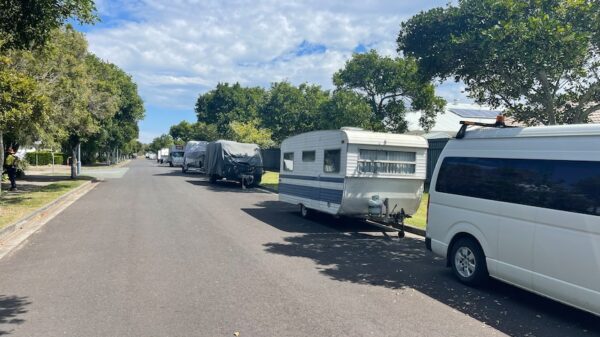UPDATE: New reports reveal a critical medical condition, known as intergenerational trauma, affecting Indigenous Australians, necessitating urgent national attention. This condition, linked to the historical impacts of British colonization, is now recognized as a significant contributor to mental health issues within Aboriginal communities.
Authorities confirm that intergenerational trauma does not diminish over time, but rather continues to affect generations, leading to serious mental health challenges such as chronic depression, alcoholism, and domestic violence. The Australian government has allocated $378 million in funding, with an additional $254 million promised, to the Healing Foundation to implement trauma recovery programs aimed at addressing these pressing issues.
As the Healing Foundation, established in 2009, focuses on providing support to Indigenous communities, concerns are rising regarding the absence of medical professionals in leadership roles. Notably, no medical specialists in Aboriginal health are present on the Foundation’s board, raising questions about the effectiveness of their trauma recovery strategies.
Fiona Cornford, CEO of the Healing Foundation, emphasizes that healing involves a holistic approach, integrating traditional and modern practices. However, critics argue that this approach lacks clear medical diagnosis and treatment protocols for trauma, as scientific evidence remains scarce.
The Australian Institute of Health and Welfare (AIHW) recently published a report underscoring the poorer health outcomes faced by Indigenous Australians but did not mention intergenerational trauma as a contributing factor. The AIHW’s findings highlight significant health issues such as kidney disease and rheumatic heart disease but omit any connection to the psychological condition in their analyses.
As the conversation around intergenerational trauma intensifies, the need for scientific inquiry into its diagnosis and treatment becomes increasingly apparent. Current discussions often center around social and historical narratives rather than established medical practices. Critics are calling for a more rigorous examination of the condition, demanding that clear metrics and medical assessments be introduced to substantiate claims of trauma within Indigenous communities.
This urgent situation reflects a broader societal need to address historical injustices while ensuring that present-day solutions are grounded in clinical understanding. The lack of concrete medical evidence and effective treatment options is leading to skepticism within the healthcare community regarding the validity of intergenerational trauma as a medical diagnosis.
What happens next? Ongoing advocacy for better-funded, evidence-based approaches to Indigenous mental health care is crucial. Stakeholders are encouraged to push for a systematic evaluation of trauma intervention programs to ensure that Indigenous Australians receive the comprehensive care they deserve.
As discussions unfold, the emotional and social ramifications of intergenerational trauma continue to impact communities, demanding immediate and informed action from both government and health organizations. With the stakes higher than ever, the call for accountability and transparency in trauma recovery initiatives is resonating throughout Australia, emphasizing that the time to act is now.








